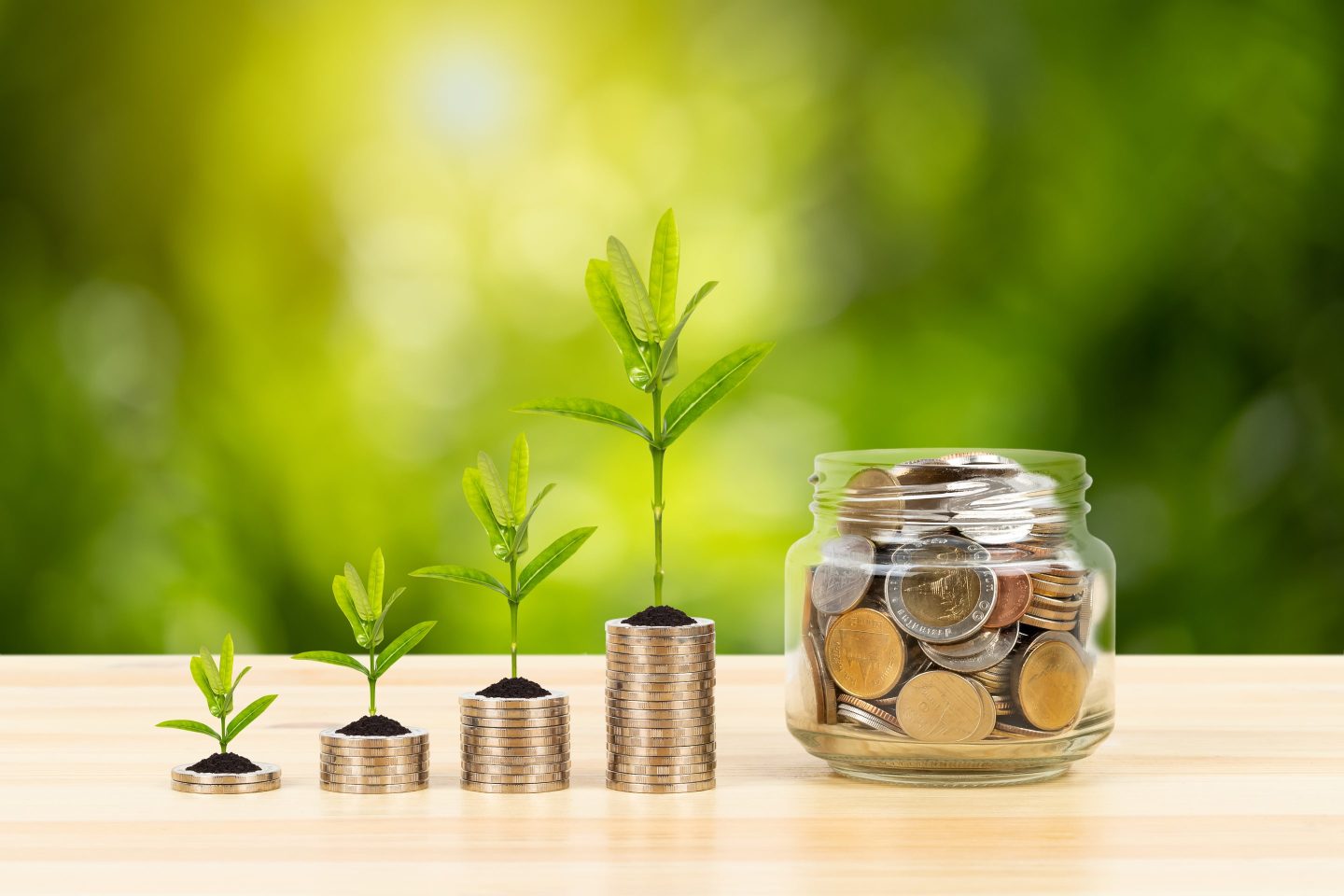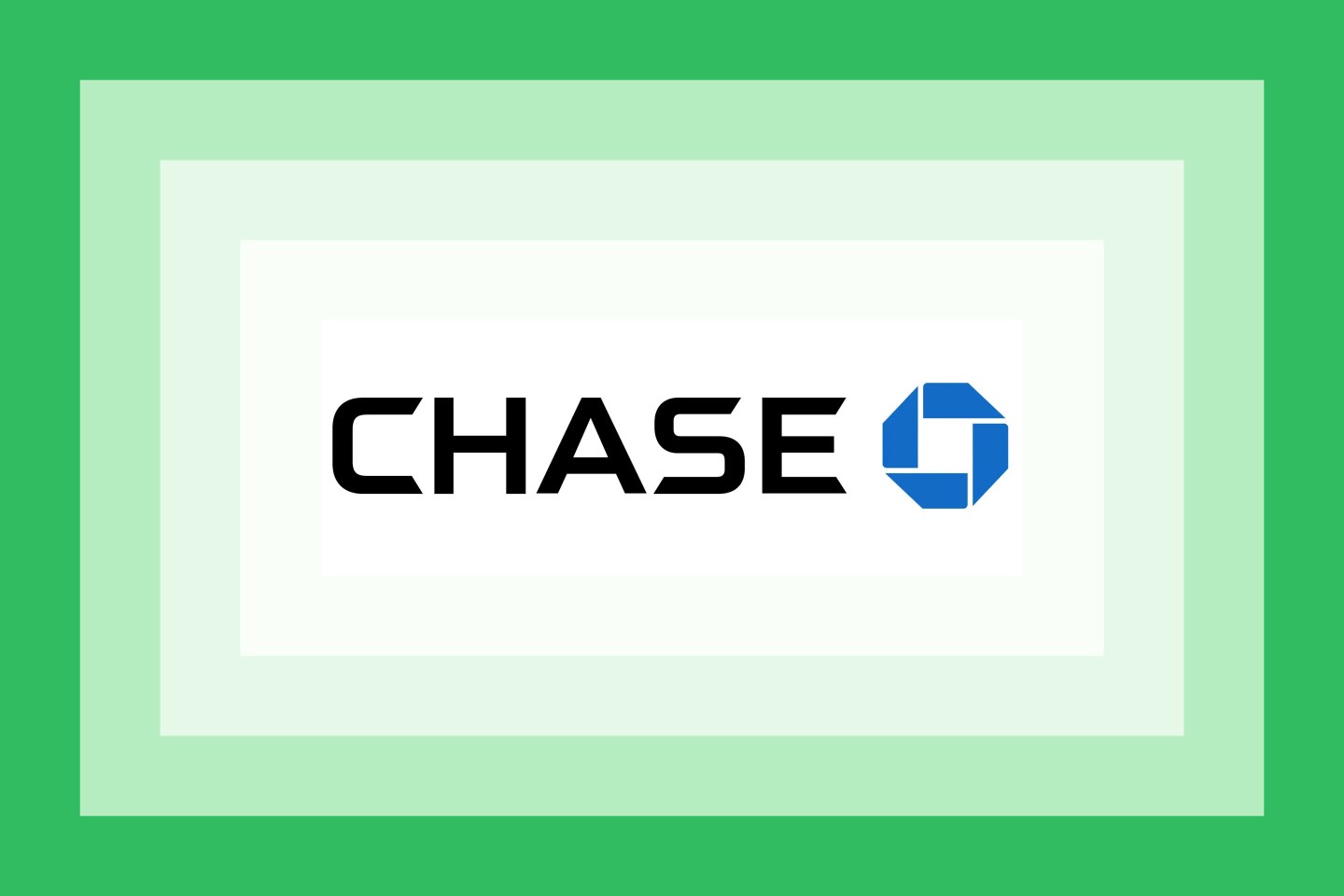The U.S. is not known as a nation of savers compared with the likes of Germany and Japan, and the pandemic would seem an unlikely time for that to change. But there is evidence to suggest Americans are indeed changing their ways.
At a virtual Fortune Brainstorm Finance event on Thursday, executives from three digital finance companies—Square, stock buying app Robinhood, and digital bank Chime—all reported a marked uptick in saving and investing.
“As stimulus checks come in, consumers are increasing their security blanket,” said Jackie Reses, head of Square Capital, noting that the company’s research suggested an “important change in consumer behavior.”
Chime CEO Chris Britt, meanwhile, reported that savings balances in recent months had reached an all-time high. And Gretchen Howard, COO of Robinhood, described a spike in deposits of $1,200 to $2,400—reflecting the amount in stimulus many individuals and couples received—during the week of April 13.
Howard also noted a 17-fold increase in deposits at Robinhood in March compared with the fourth quarter of 2019, and said much of the trading activity on the platform consisted of buying. Among the most popular stocks were those of airlines and cruise operators, which have been battered during the pandemic—a phenomenon Howard attributed to people who sought to “buy the dip.”
None of this reflects widespread prosperity, of course. New figures released this week revealed that over 40 million Americans have filed for unemployment during the pandemic, and that the real U.S. jobless rate is close to 24%. While some are putting part of their unemployment checks into savings—as Britt of Chime attested—Americans are also lining up at food banks in record numbers.
Other positive metrics, including the rebound of the stock market, may also reflect a temporary reprieve. Zach Perret, CEO of Plaid, which provides digital payment connections to banks and is set to be acquired by Visa, said many companies are “waiting for the other shoe to drop” in the form of elevated defaults, missed rent payments, and other signals of economic distress.
On a broader level, the participants at the Fortune event predicted the pandemic will spur a broader transformation of U.S. financial infrastructure. This will include Americans’ coming to adopt the contactless payment systems used in other countries—and, perhaps, an openness to embracing other types of financial innovation found overseas.
Julia Sunderland, payments business operations officer at Google, described the company’s initiatives in India, which have involved collaborations with the government and nonprofits like the Gates Foundation to build open source financial infrastructure. The result, she said, has been a wealth of new services that have enabled Indians to do everything from pay phone bills to buy gold to learn which nearby stores have essential supplies in stock.
“It was a pivotal time for payments already, but now the digitization of economies is happening at 10 times the pace,” said Sunderland.
The executives spoke at “Fintech on the Front Lines,” the inaugural event in what will be an ongoing series exploring the role of financial companies during the pandemic.
This story was updated on May 29 to reflect that Visa’s acquisition of Plaid is yet to be final.
More must-read finance coverage from Fortune:
—Saving lives vs. saving the economy is a false tradeoff, economists say
—Real unemployment rate soars past 24.9%—and the U.S. has now lost 33.5 million jobs
—17% of unemployed workers aren’t looking for work—and that’s warping the official unemployment rate
—Does Apple’s stock buyback strategy make sense in this market?
—Goldman Sachs doubts there will be a Round 3 of PPP loans for small businesses
—Listen to Leadership Next, a Fortune podcast examining the evolving role of CEOs
—WATCH: Why banks were ready for the financial impact of the coronavirus
Subscribe to How to Reopen, Fortune’s weekly newsletter on what it takes to reboot business in the midst of a pandemic












